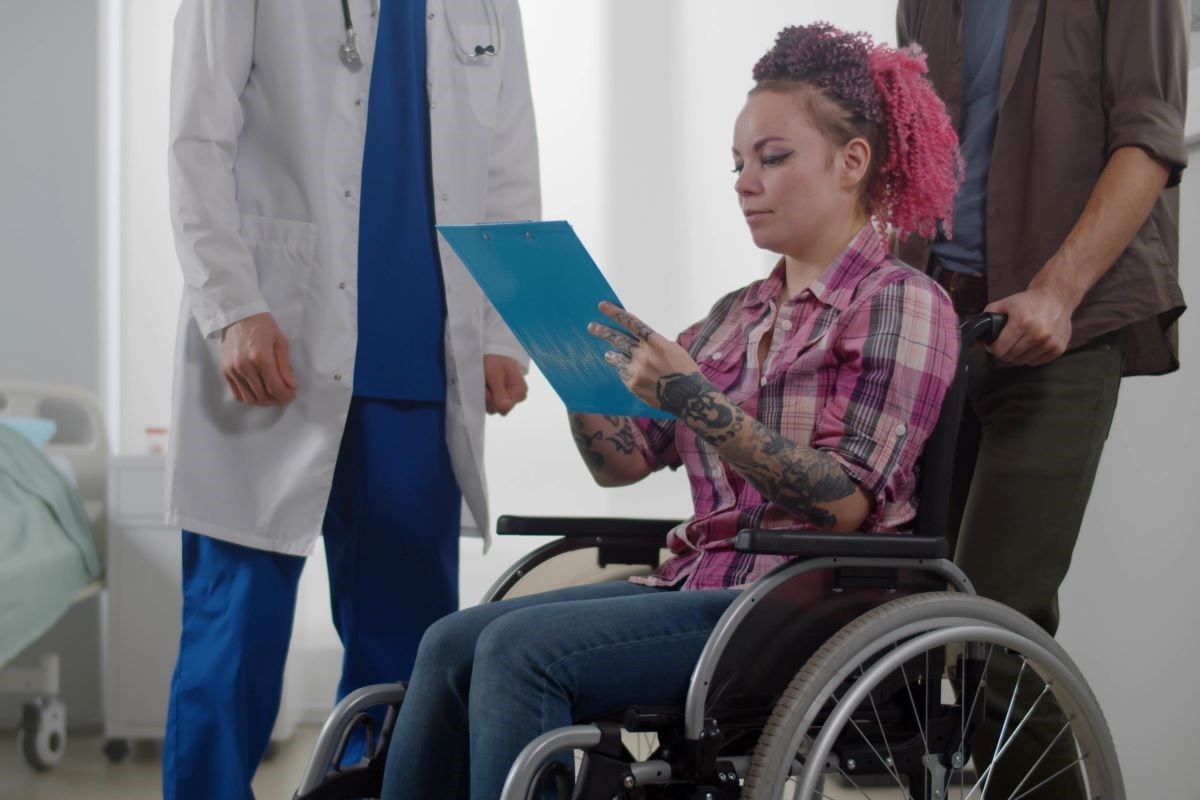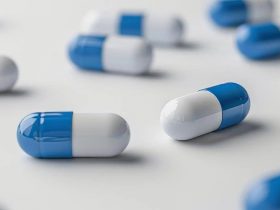Odds of initiation and engagement were significantly higher following discharge from public hospital
By Lori Solomon HealthDay Reporter
THURSDAY, Aug. 8, 2024 (HealthDay News) — Interprofessional addiction consultation services significantly increase postdischarge medication for opioid use disorder (MOUD) initiation and engagement among patients with opioid use disorder, according to a study published online July 29 in JAMA Internal Medicine.
Jennifer McNeely, M.D., from New York University Grossman School of Medicine in New York City, and colleagues assessed whether interprofessional hospital addiction consultation services increase initiation and engagement in MOUD treatment after discharge. The analysis included 2,315 adults with hospitalizations identified through Medicaid claims (October 2017 to January 2021) at one of six public hospitals randomly assigned to addiction consultation teams (composed of a medical clinician, social worker or addiction counselor, and peer counselor) or usual care.
The researchers found that initiation of MOUD was 11.0 percent in the Consult for Addiction Treatment and Care in Hospitals (CATCH) program versus 6.7 percent with treatment as usual. Further, engagement in MOUD was 7.4 versus 5.3 percent, and continuation for six months was 3.2 versus 2.4 percent. Odds of initiating MOUD were 7.96 times higher (log-odds ratio, 2.07) and odds of 30-day MOUD engagement were 6.90 times higher (log-odds ratio, 1.93) for patients hospitalized during the CATCH program.
“The observed rates of MOUD initiation and engagement were still low; further efforts are still needed to improve hospital-based and community-based services for MOUD treatment,” the authors write.
Abstract/Full Text (subscription or payment may be required)
Editorial (subscription or payment may be required)
Copyright © 2024 HealthDay. All rights reserved.







